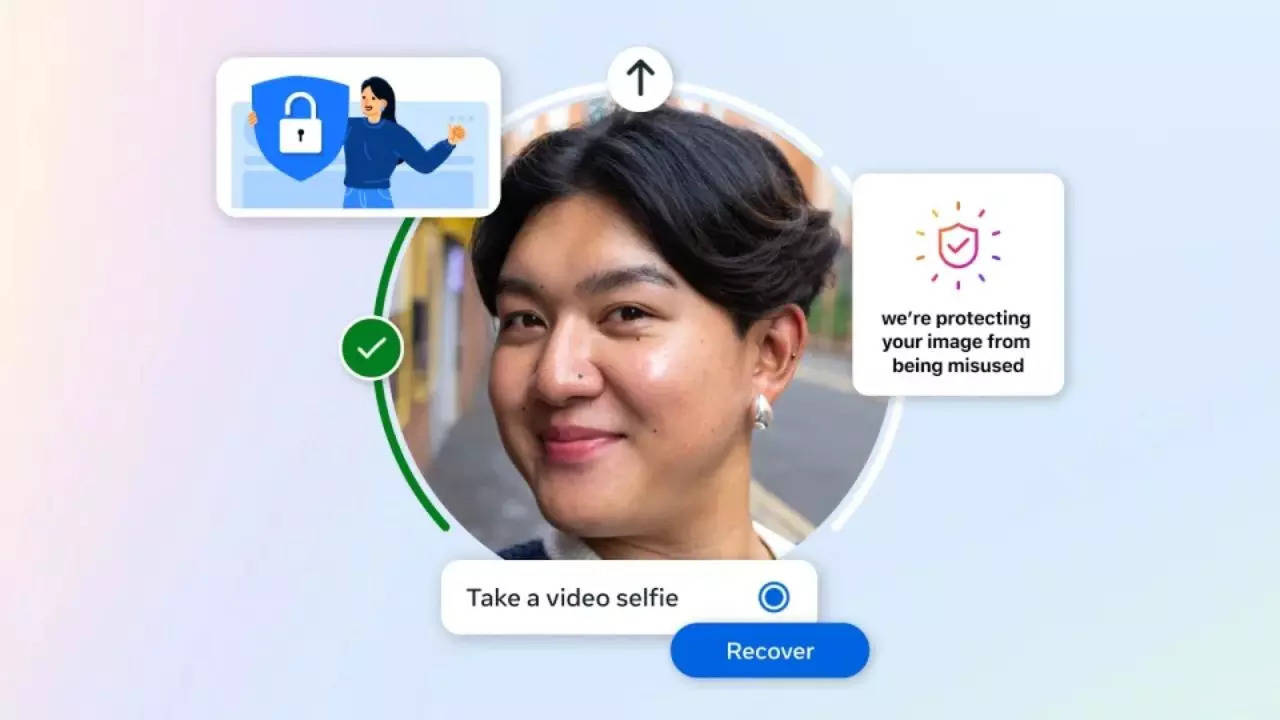
Meta was earlier shamed into ceasing operation of its facial recognition product after much public concern in 2021; however, it is now returning with a vengeance to add facial recognition technology on platforms Facebook and Instagram. It will apply it to only two purposes: combating scams and helping recover accounts.
The first purpose Meta will apply facial recognition to is checking scam ads which misapply pictures and images of celebrities and personalities. The system will run any faces appearing in ads through against Facebook and Instagram profile pics. If a match is identified, Meta will block the ad-if, that is, the ad's scam status has been confirmed. The feature is already being tested on a small number of public figures. More will be automatically enrolled in the coming weeks, although they can opt out if they choose.
Meta is also testing facial recognition to recover accounts. A new "video selfie" feature will enable users locked out of their accounts to upload a video of themselves; the company will then match this video with profile photos in their account and restore access. This is also a method of suspected account compromise to ensure hackers cannot gain access through stolen credentials. That won't be the case for all accounts, though-especially those that don't have a profile picture, like business pages. Meta assures users that facial data gathered for these reasons will be deleted right away after it is used and won't be used for other features.
Privacy advocates might be having a fit given Meta's history with facial recognition: it was used automatically to tag people in photos and led to lawsuits in states of Illinois and Texas. Meta has settled these cases with significant payouts but will not be rolling out the new facial recognition features in these regions for now, or in the U.K. and the European Union, where regulatory discussions are ongoing. The company hopes to launch the tools globally by 2025.

